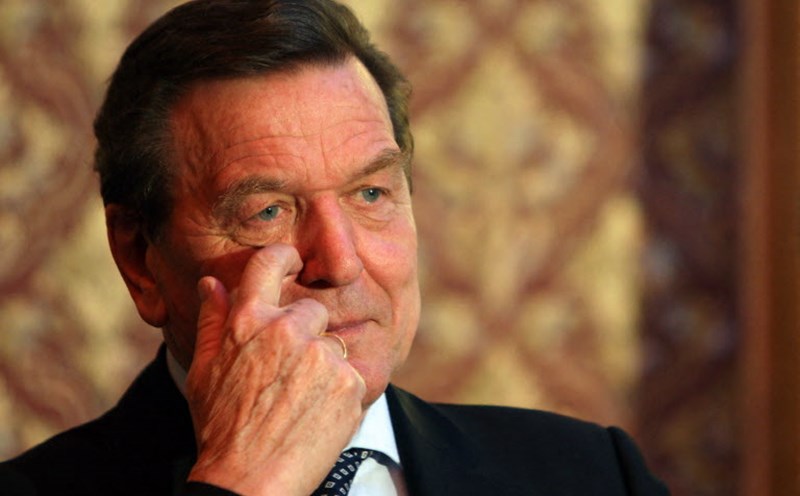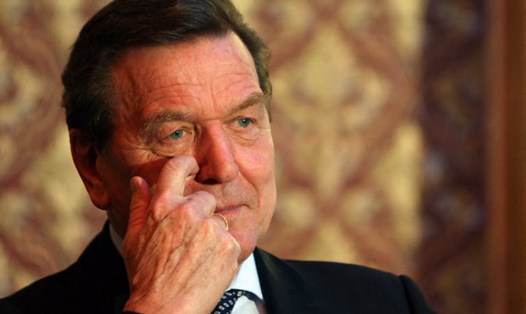Germany appears determined to take the Nord Stream suspect to court. Germany issued an arrest warrant for two Ukrainian citizens Volodymyr Zhuravlov (arrested in Poland) and Serhii Kuznietsov (arrested in Italy), on suspicion of being involved in the explosion of a gas pipeline in the Baltic Sea in September 2022.
However, leaders of some European countries have questioned whether those accused of being suspects in the Nord Stream explosion should be prosecuted.
The Polish court's decision in mid-October to release Zhuravlov, after a long period of extradition, dealt a heavy blow to Berlin's hope of prosecution.
Serhii Kuznietsov, 49, a former Ukrainian soldier, accused of coordinating the operation, was arrested under German orders in Italy at the end of August.
Kuznietsov's defense lawyer, Nicola Canestrini, said the customer denied all allegations and was appealing the Italian Supreme Court's decision on extradition to Germany.
For many Nordic countries, focusing on finding the culprit behind the Nord Stream sabotage has caused people to forget the context of how the pipeline was built from the beginning.
Poland's move with Nord Stream suspect has led to new tensions in Europe. Former Lithuanian Foreign Minister Gabrielius Landsbergis said that if we only look at the case from a legal perspective, "we can easily forget how we got here".
This is how they send the message to Germany that Berlin is doing wrong in pursuing a possible prosecution that would harm Ukraines interests, said Helga Kalm, deputy director of the Estonian International Defense and Security Center.
Denmark and Sweden, two countries with waters close to the Nord Stream pipeline, both refuse to pursue the case, in which Sweden says it has no authority. But Duc was determined to go all the way.
Germany is a rule of law state, Putin Meister, a senior fellow at the German Council on Foreign Relations, stressed.
He said that motivation is mainly internal issues. In the context of the far-right AfD increasing attacks on the prestige of public authority institutions, allowing the judicial system to operate in accordance with procedures is to protect the "reliability of the institution, the system and the political leadership".
Germany is the main driver behind the Nord Stream pipeline project and also a major beneficiary. In 2016, nearly 30% of Germany's gas demand came from Russia via Nord Stream, according to German government figures.
The developments of the case continue to deepen internal tensions in Europe while solidarity is paramount.
Nord Stream risks raising more questions and cracking the alliance. At a time when we are no longer in a state of peace, this is even more memorable," Landsbergis said.
Regardless of the outcome of the German prosecution, the flow of Russian gas will not flow south as before 2022. Since the conflict in Ukraine broke out, Europe has made efforts to reduce its dependence on Russian gas, and the destruction of Nord Stream has accelerated the process.
According to EU data, the share of Russian gas in the total EU import of pipeline gas has decreased from more than 40% in 2021 to about 11% in 2024.











